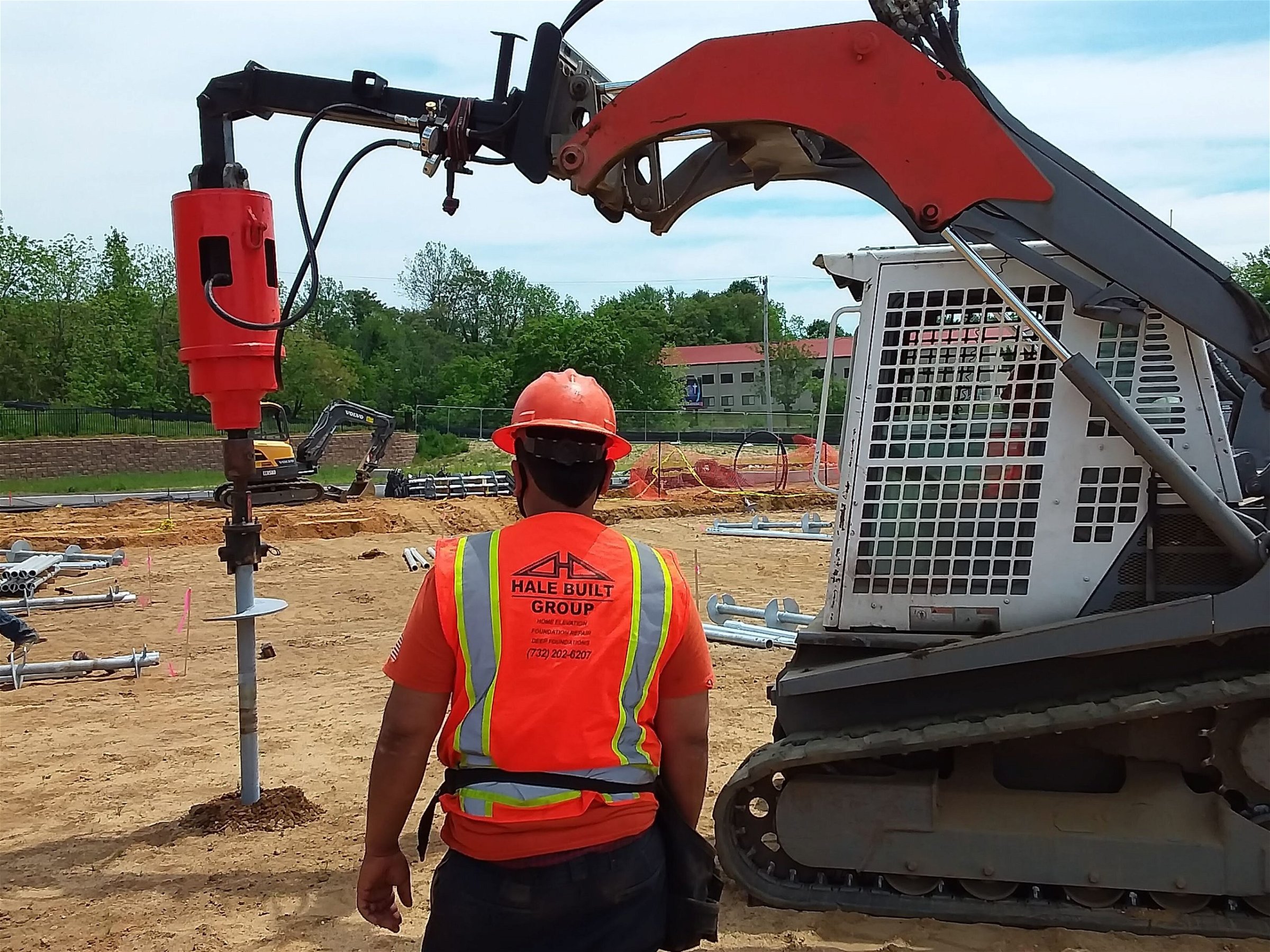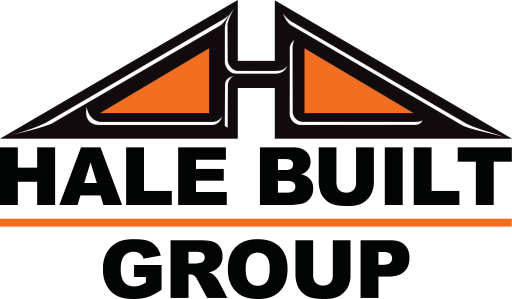Structural concrete repair is a popular remediation project undertaken by thousands of proprietors across NJ and the mid-Atlantic. This Hale Built Group FAQ page aims to answer the many questions that arise before, during, and after executing repairs to alleviate project management stress. Without further ado, let's get started!
Concrete structures can fail due to various factors, including environmental stresses, poor construction practices, and material degradation. Environmental conditions such as freeze-thaw cycles, chemical exposure, and excessive moisture can lead to concrete deterioration over time.
Poor construction practices, such as inadequate curing or improper mixing of components, compromise the structural integrity. Additionally, overloading or unexpected loads beyond the design specifications can cause failures.
Concrete structures are susceptible to damage from several sources:
A variety of factors cause structural concrete settlement and damage, including:
Identifying rusted reinforced concrete is straightforward when you notice visible rust stains or when concrete surfaces start cracking and spalling due to the expansion of rusting steel.
Delamination, or separating concrete layers near reinforcement, also indicates corrosion. Professionals might use specialized tools like rebar locators to assess internal damage more accurately. Early detection is critical to managing structural integrity.
Assessing poorly laid concrete involves examining its uniformity, surface finish, and structural integrity. Look for signs like uneven surfaces, improper joint placement, visible cracks, or crumbling, indicating substandard installation.
Professionals often use techniques like core testing or ultrasonic equipment to evaluate the concrete's internal condition, density, and adherence to design specifications. Accurate assessment is crucial to determine whether repairs or replacements are necessary.
The structural concrete repair process involves the following:
We then cure the area to confirm the repair material integrates effectively with the existing concrete, restoring structural integrity.
Repairing reinforced concrete often requires exposing the reinforcing steel, removing rust, and applying a corrosion inhibitor. Damaged concrete is replaced with new or repaired mortars that bond to the old surface and support the structural load. The area is then properly cured to ensure durability and strength.
The surface must be clean and roughened to adhere new concrete to old concrete for better bonding. Priming the old concrete with a bonding agent that creates a strong adhesive layer is crucial.
The new concrete should be applied while the bonding agent is still tacky to ensure a solid connection between the old and new concrete layers.
Yes, structural concrete repair is generally more cost-effective than replacement. Repairing only the damaged concrete portions avoids the higher costs and longer downtime associated with complete demolition and rebuilding.
Effective repair can also extend the lifespan of concrete structures, making it a financially viable option for maintaining structural integrity without needing complete replacement.
The average cost of structural concrete repair varies widely depending on the extent of damage, accessibility of the repair site, and the specific methods used. Minor repairs, such as patching cracks or holes, might cost a few hundred dollars.
In contrast, more extensive repairs requiring reinforcement or complete section replacement can range from several thousand to tens of thousands of dollars. Material choices, labor rates, and the necessity for specialized equipment influence costs.
Several factors influence the costs of structural concrete repair projects, including the extent of the damage, the type of repair materials used, labor costs, and the accessibility of the repair site.
Other significant factors are the need for specialized equipment, the urgency of the repairs, and the environmental conditions that might complicate the repair process.
When preventing concrete damage in winter, it's essential to ensure proper installation and curing of concrete before the cold weather sets in. Applying sealants can help prevent water penetration and freeze-thaw cycles that lead to cracking.
Additionally, avoiding deicing chemicals that can accelerate deterioration and ensuring adequate drainage to prevent water accumulation are effective preventive measures.
Concrete repairs are commonly necessary for various properties, including residential homes, commercial buildings, industrial facilities, and public infrastructures such as bridges, roads, and tunnels. These structures often require concrete repairs due to environmental wear and tear, structural aging, or damage from external impacts.
Depending on the provider, structural foundation repair services are offered in numerous locations. Typically, companies like Hale Built Group provide these services in regions where they are based or have operational capabilities, including states like New Jersey, New York, Pennsylvania, Maryland, Virginia, and Delaware. Always check with the specific provider to confirm service availability in your area.
Ready to tackle your structural concrete repair needs? Hale Built Group offers expert solutions to ensure the integrity and longevity of your property. Whether it's fixing cracks, reinforcing structures, or addressing major repairs, our team is here to help. Contact us today to schedule your free, no-obligation estimate and start protecting your investment.

